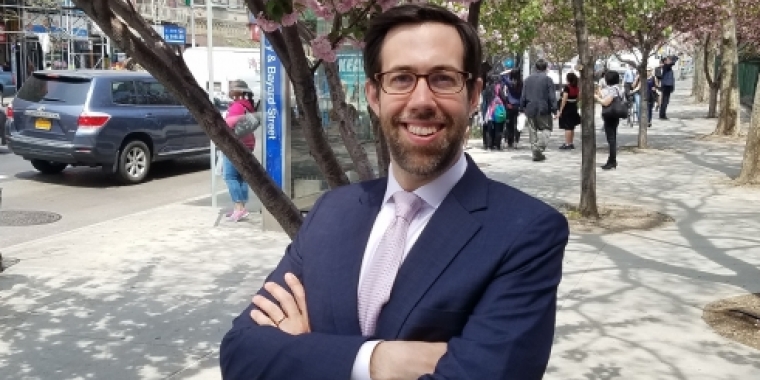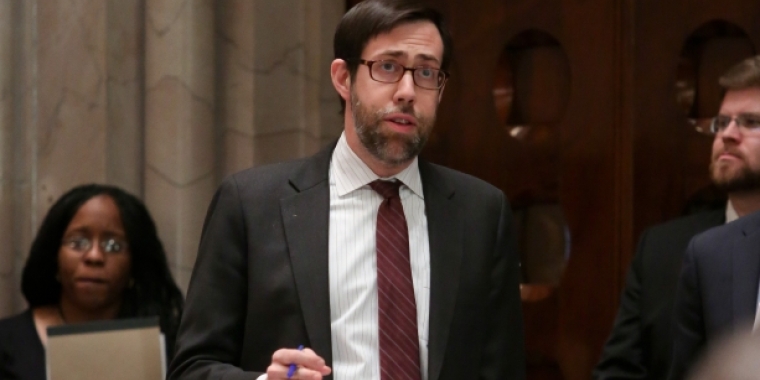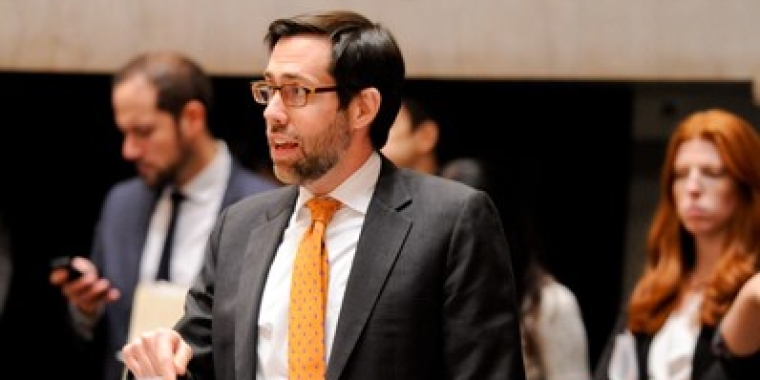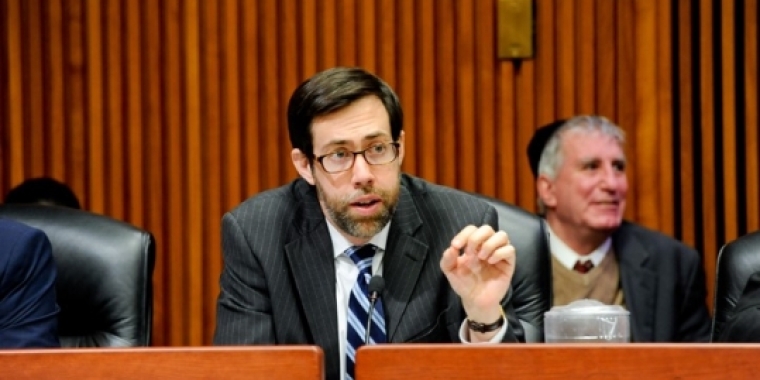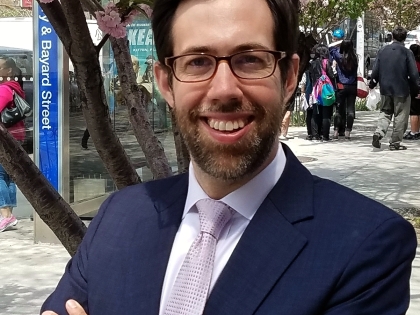
Statement by Rpp Sponsor Squadron on Dot's Rejection of Parking Permit Pilot Program
July 14, 2012
NEW YORK -- State Senator Daniel Squadron, the Senate sponsor of legislation that would bring residential parking permits (RPP) to New York City communities that want the program, released the following statement in response to the Department of Transportation's rejection of an RPP pilot program in the neighborhoods surrounding the Barclays Center and Yankee Stadium:
"A permit system is long overdue in neighborhoods where residents spend hours circling for parking near their homes -- especially on the overcrowded streets surrounding New York City's stadiums and major business districts. That's why DOT's rejection of piloting RPP is particularly troubling.
"I urge my colleagues in the legislature to quickly pass my bill to bring permits to neighborhoods that want it. Our legislation empowers communities while protecting small businesses, reducing congestion, and helping fund our subways and buses. It’s a win for our neighborhoods, a win for quality of life, and a win for a changing New York."
In addition to the increased congestion surrounding stadiums, commuters often park and take public transportation into Manhattan from neighborhoods around the city, including Downtown Brooklyn. In fact, a study by the Downtown Brooklyn Council found that more than 40 percent of on-street parked vehicles in Downtown Brooklyn are commuter cars. In November 2011, the City Council passed a home rule message in support of the Squadron legislation, which is also sponsored by Assemblymember Joan Millman.
The Squadron-Millman legislation gives communities the choice to allow residential parking permits (RPP) on a neighborhood-by-neighborhood basis. Additionally:
- On streets with RPP, at least 20 percent of spots would be open for non-permit parking.
- The permits would directly fund the upgrading and improvement of NYC subways and buses, providing much-needed revenue for New York’s transit system.
- RPP would not be allowed on commercial streets. Spaces with meters and other restrictions could not be affected by RPP.
- Public hearings would be required before implementation of RPP in a neighborhood.
###
